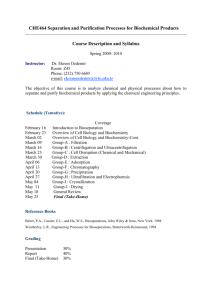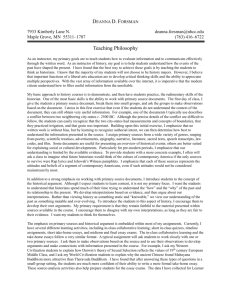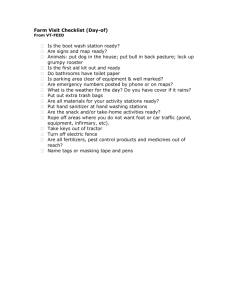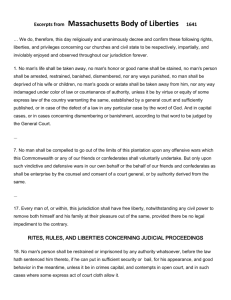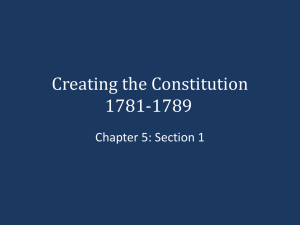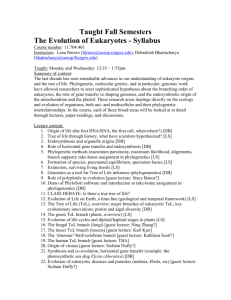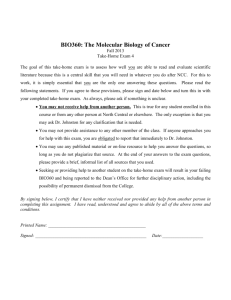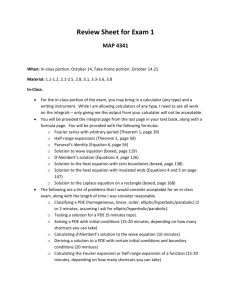Fall 2015 Paula Franzese - Political Science
advertisement
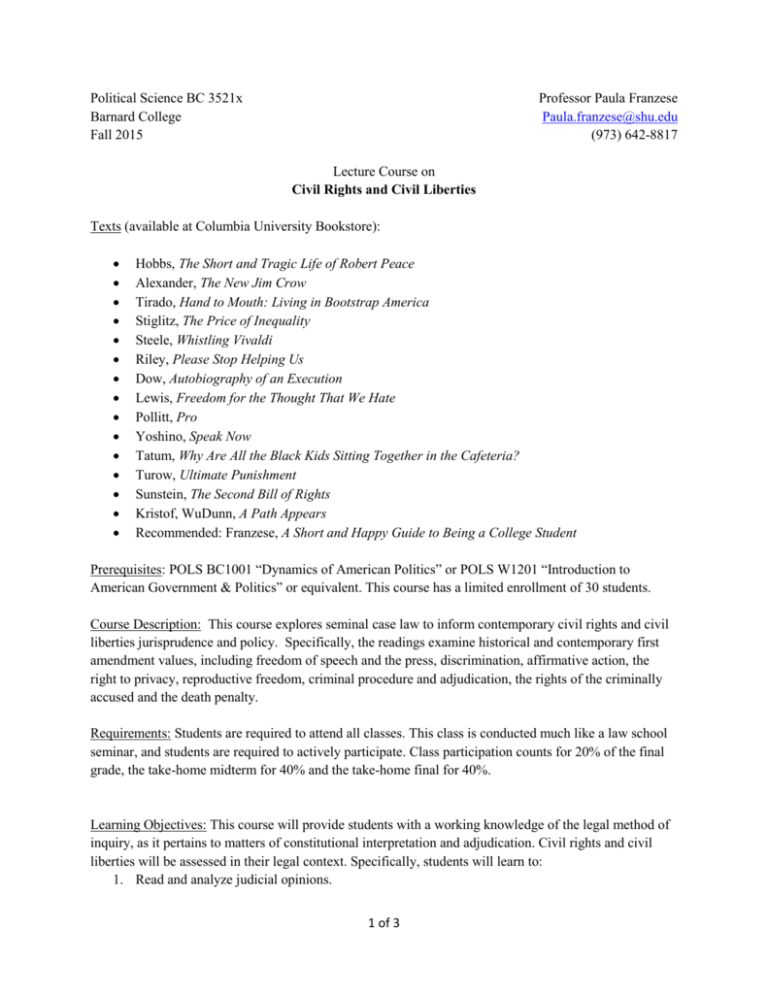
Political Science BC 3521x Barnard College Fall 2015 Professor Paula Franzese Paula.franzese@shu.edu (973) 642-8817 Lecture Course on Civil Rights and Civil Liberties Texts (available at Columbia University Bookstore): Hobbs, The Short and Tragic Life of Robert Peace Alexander, The New Jim Crow Tirado, Hand to Mouth: Living in Bootstrap America Stiglitz, The Price of Inequality Steele, Whistling Vivaldi Riley, Please Stop Helping Us Dow, Autobiography of an Execution Lewis, Freedom for the Thought That We Hate Pollitt, Pro Yoshino, Speak Now Tatum, Why Are All the Black Kids Sitting Together in the Cafeteria? Turow, Ultimate Punishment Sunstein, The Second Bill of Rights Kristof, WuDunn, A Path Appears Recommended: Franzese, A Short and Happy Guide to Being a College Student Prerequisites: POLS BC1001 “Dynamics of American Politics” or POLS W1201 “Introduction to American Government & Politics” or equivalent. This course has a limited enrollment of 30 students. Course Description: This course explores seminal case law to inform contemporary civil rights and civil liberties jurisprudence and policy. Specifically, the readings examine historical and contemporary first amendment values, including freedom of speech and the press, discrimination, affirmative action, the right to privacy, reproductive freedom, criminal procedure and adjudication, the rights of the criminally accused and the death penalty. Requirements: Students are required to attend all classes. This class is conducted much like a law school seminar, and students are required to actively participate. Class participation counts for 20% of the final grade, the take-home midterm for 40% and the take-home final for 40%. Learning Objectives: This course will provide students with a working knowledge of the legal method of inquiry, as it pertains to matters of constitutional interpretation and adjudication. Civil rights and civil liberties will be assessed in their legal context. Specifically, students will learn to: 1. Read and analyze judicial opinions. 1 of 3 2. Identify the various constitutional standards of judicial review. 3. Apply legal and analytical constructs. 4. Evaluate the merits and shortcomings of the major theoretical debates within the civil liberties discourse, both in oral and written presentations. 5. Analyze and assess contemporary scholarly and journalistic writings on civil rights and civil liberties by critically examining their claims and applicable counterpoints. Grading: Grades will be calculated as follows: Class participation: 20% Take-Home Midterm: 40% Take-Home Final Exam: 40% Topics and Readings Schedule Week One Overview of the judicial system and court organization; introduction to key concepts of judicial review and theories of constitutional interpretation; how to read and brief a case. Week Two Race and Identity Hobbs, The Short and Tragic Life of Robert Peace In a one to two page reflection, please discuss the core civil rights and civil liberties themes raised by this biography and which of those matter most to you. Week Three Race Discrimination Tatum, Why Are All the Black Kids Sitting Together in the Cafeteria? Steele, Whistling Vivaldi Week Four Riley, Please Stop Helping Us Week Five Economic Inequality Stiglitz, The Cost of Inequality TAKE-HOME MIDTERM EXAM DISTRIBUTED Week Six The Intersection of Race, Class, Culture and Identity Tirado, Hand to Mouth: Living in Bootstrap America Week Seven 2 of 3 First Amendment Values Lewis, Freedom for the Thought that We Hate TAKE-HOME MIDTERM DUE Week Eight The Right to Privacy Pollitt, Pro Week Nine Marriage Equality Yoshino, Speak Now Week Ten The Rights of the Criminally Accused Alexander, The New Jim Crow Week Eleven The Death Penalty Turow, Ultimate Punishment Dow, Autobiography of an Execution Week Twelve Sunstein, The Second Bill of Rights Week Thirteen Kristof, WuDunn, A Path Appears TAKE-HOME FINAL DISTRIBUTED 3 of 3

